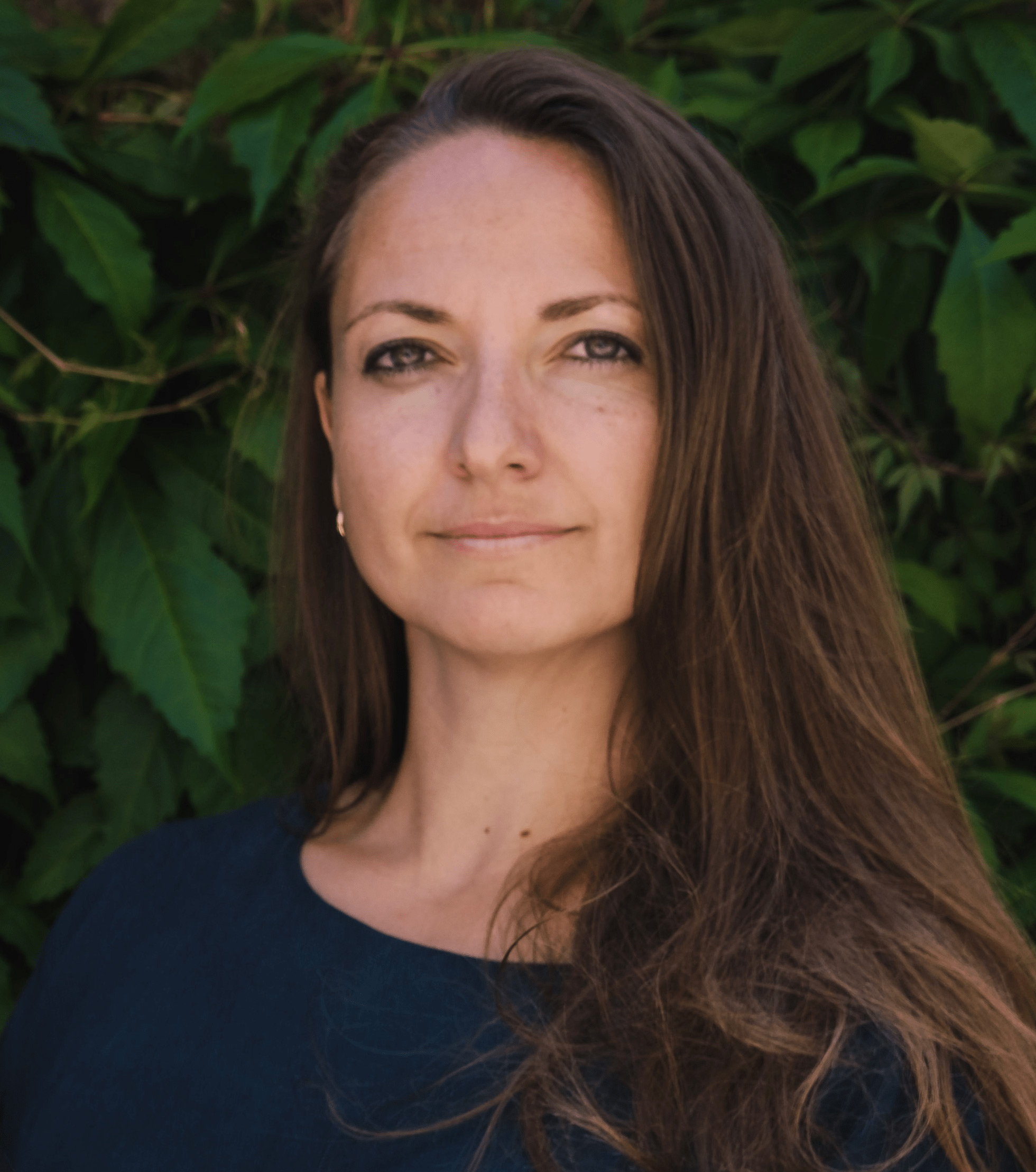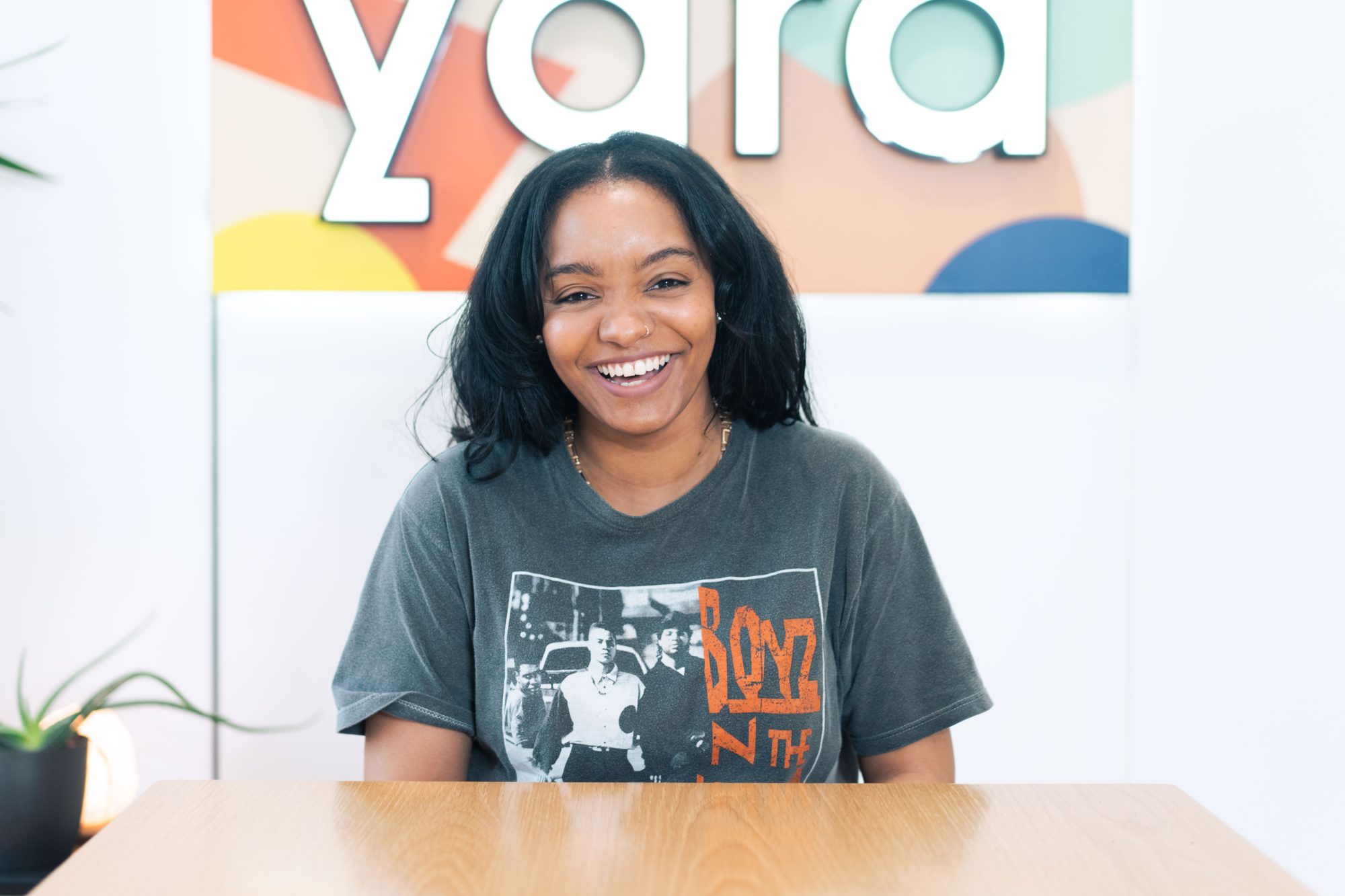
- 13th March –
- 14th March 2023
‘Let’s Debate’: a two-day sector-wide conversation exploring how we develop creativity and culture in England, built to create and share insight on the innovative, impactful, and exciting work taking shape across the sector. See HERE for our Full Programme Announcement, or read on below.
Commissioned by Arts Council England and produced by international arts commissioner Mediale, Let’s Debate will offer diverse perspectives and lived experiences, drawing on insights from inspirational speakers from the full depth and breadth of England’s cultural sector and beyond.
At Let’s Debate, the Audience is our Panel. Through keynotes from inspiring, cross-sector leaders, thoughtful audience engagement and facilitation, the insights and conversations of the live delegates will go on to form the basis of the digital content, available for the whole sector through ACE’s Investment Principles Resource Hub.
Let’s Debate will offer diverse perspectives and insights from inspirational speakers from within the cultural sector and beyond, designed to spark conversation, flag challenges, hear solutions, and celebrate some of the most innovative, impactful, and exciting practices taking shape across the creative industries.
The conversations will be themed around Arts Council England’s four ‘Investment Principles’ (IP) as outlined in their Let’s Create strategy – 1) Ambition & Quality, being co-curated with Shanaz Gulzar, Director of Bradford UK City of Culture 2025, 2) Dynamism, being co-curated with Reform Radio, Manchester, 3) Environmental Responsibility, being co-curated with Zoe Rasbash, Environmental Emergencies Action Researcher at Bristol+Bath Creative R+D, and 4) Inclusivity & Relevance, being co-curated with Jo Verrent, Senior Producer at Unlimited. The delegates will have the opportunity to talk openly with each other about how these principles are being applied and how they apply to their own organisations.
Our aim for the event is to be curious, inspiring, honest and open. This is a chance to collaboratively question the principles guiding creativity in England across the next decade and engage with an audience of incredibly motivated and talented cross-sector creatives. For Mediale, it represents an incredible opportunity to translate, engage and inspire around the real life implications and applications of the ‘investment principles’. We want this event to create space for constructive criticism, inspiration and useful provocations, familiar and new.
Reflections and recordings from the two days will be shared online both during and immediately after the event, and longer term on the Arts Council England Resource Hub, newly created for the sector. The Resource Hub hosts essential reads, which explain the foundations of each Investment Principle, content to help those in governance and leadership positions think about how they might apply them in their roles, and a range of other content produced by artists, thinkers, entrepreneurs, small businesses and more, each offering their own unique interpretations allowing users to filter content that suits them and get the support they need on their own Investment Principles journey.
At Let’s Debate, through roundtables and networking activities, the live delegates will be encouraged to provide the expert content: their comments, insights, perspectives, and conversations. The event will include an evening programme in partnership with some of Bradford’s most exciting live performance and exhibition spaces.
“When many people say ‘diversity’ they mean ‘find black people’. If you are a person who is in a perceived minority – I’m in several – then we must get in majority positions in our own businesses and our own creative endeavours, and then demonstrate the siblinghood that we wish other people, who have had the power for so long, were able to do.” – Rikki Beadle-Blair MBE, award-winning writer, director, composer, choreographer, designer, producer and performer working across film, theatre, television and radio
“As a disabled queer artist with mixed/Black heritage, I am personally and professionally invested in challenging and subverting the cultural and political status quo. Learning how to advocate for and acquire the resources for the communities I represent has shown me that being minoritised does not have to mean being disempowered.” – Tarik Elmoutawakil, Creative Director, Marlborough Productions
“Using dance as a medium, Stopgap aims to create an inclusive world where diversity is not just accepted but pursued, a world where no one is limited by prejudice against D/deaf, disabled, or neurodivergent people. Our process involves listening to the diversity of voices and needs to discover a new and equitable way of working and living. We know that inclusion elevates everyone, and we want to show how this can be realised through creativity and collaboration.” – Laura Jones, Co-Artistic Director, Stopgap Dance
This chapter is co-curated by Jo Verrent, Director of Unlimited, and one of the UK’s leading voices in inclusion and diversity, particularly in terms of representation of the 20% of the UK population who have a disability.
“As ever-increasing social and environmental crises become the new normal, the cultural sector must re-examine its role. We are no longer houses of collections or didactic monologues – but must change our position within our communities and for our audiences to become relevant to contemporary issues. Our role must focus on being leaders for sustainability – from practising to advocating. The only way to prevent museums from becoming a thing of the past is to start connecting them to the future.” – Caitlin Southwick, Founder & Executive Director, Ki Culture
This chapter is co-curated by Zoe Rasbash, Environmental Emergencies Action Researcher at Bristol + Bath Creative R+D, who is working to co-develop a framework for climate action for the creative sector in the South West.
“I met so many different people at Contact and had my perspective changed and just really got that sense of what youth leadership can be. I want to make sure that this ethos, culture and environment is protected because it was so beneficial for me and so many people that I know. It is how I became such a natural advocate for what Contact is about.” – Keisha Thompson, the UK’s first poet to run a multi-arts venue, Contact in Manchester
“In the face of compounding crises, our work interrogates how we make change pragmatic and poetic, by situating culture as integral to the imagining and realising of new systems. Through the development of spaces and infrastructure that support creative capacities, we connect communities and artists to rehearse visions for the future.” – Amahra Spence, Artist, Spatial Practitioner and Founding Director of MAIA, a Black-led arts and social justice organisation.
This chapter is co-curated by Reform Radio, a multi-award winning online radio station and arts organisation working with local creatives, DJs and young people to develop and showcase new work via online platforms.
“It is long overdue, but we won’t begin to see fundamental change in the sector until we shift our thinking away from outdated stereotypes about who gets to be an artist, where the best artistic work is presented, and who gets to engage and critique it. Let’s Create provides a framework to make progress in these areas and allows me the opportunity to tilt the power in the direction of a new generation of artists and audiences.” – Jonathan Harper, Chief Executive of Paraorchestra
“I challenge stereotypes every step of the way. In Bradford, our UK City of Culture 2025 win was built on thousands of conversations with our many, diverse communities and our extraordinary young population. They all wanted two things – opportunity and inclusivity. We need to make the creative sector accessible for people of all backgrounds and abilities – and only then will we be able to produce bold, new work of the highest quality that truly reflects the multi-faceted, multi-cultural society we live in.” – Shanaz Gulzar, Creative Director of Bradford UK City of Culture 2025
Ticketing
Let’s Debate is free to attend but with limited availability, booking is essential. To register interest and be the first to find out when tickets go live in February, please email your name and organisation to: letsdebate@mediale.org.uk.
Access
We are committed to making Let’s Debate an accessible event and a safe space for all. Kala Sangam has a Safe Space Policy and information regarding accessible infrastructure of the building is available here.
Please get in touch to discuss your specific access needs: letsdebate@mediale.org.uk.
There are a limited number of travel and accommodation bursaries available for attendees to apply for when ticketing opens. We will prioritise attendees with access requirements or freelancers/small organisations with less reliable funding streams.









